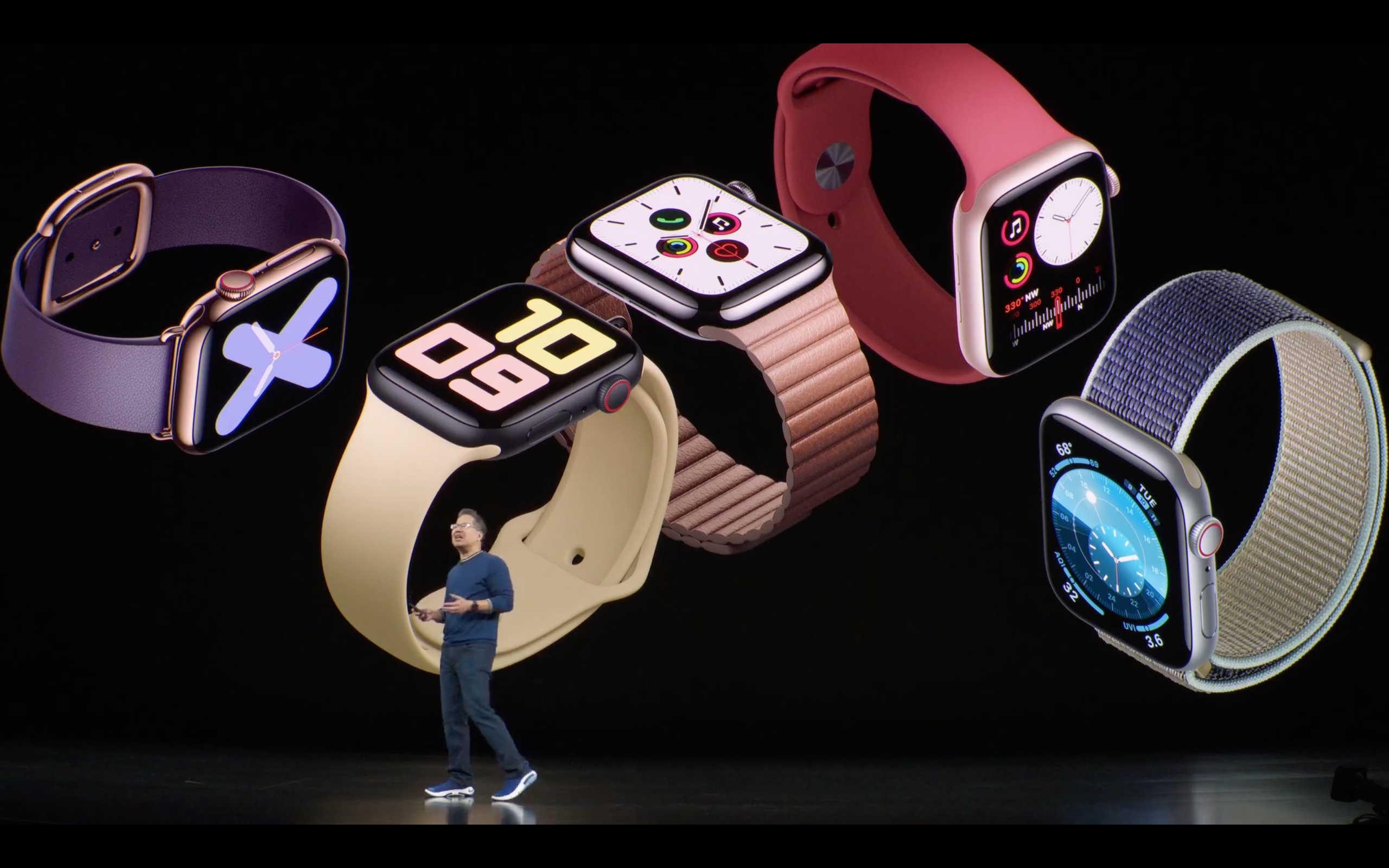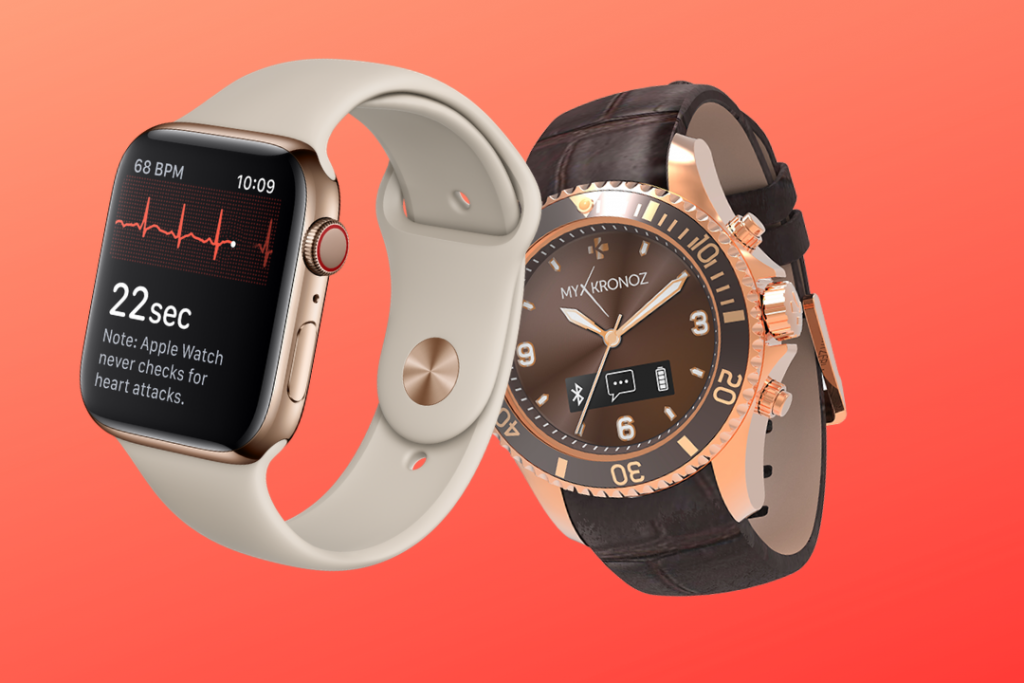In 2019, Apple Watch outsold the entire Swiss watch industry by far. Yes, that means that a company once known for its colourful iMacs is now selling more watches than one of the biggest names in the industry.
According to Strategy Analytics, an independent research and consulting firm, Apple shipped 30.7 million Watches worldwide in 2019 — up 36 percent from 22.5 million in 2018. When we look at the once renowned Swiss watches, it shipped only 21.1 million units globally. It seems clear that people are leaning more and more towards digital, with analogue lacking behind.
Watch the time
Not that all Swiss watches are still based on analogue tech. The Swiss brand, Tag Heuer, launched the first Swiss smartwatch in 2015. Boasting an Intel processor and Google’s Android Wear (now Wear OS), the Tag Heuer Connected was chunky, cost over £1,000, and missed out on key smartwatch features such as a heart rate monitor. It might’ve been too little too late.
 Now on its fifth iteration, the Apple Watch is one of the most powerful smartwatches around, with rich features and decent battery life. It flipped the whole watch industry on its head by putting a tiny iPhone on people’s wrists.
Now on its fifth iteration, the Apple Watch is one of the most powerful smartwatches around, with rich features and decent battery life. It flipped the whole watch industry on its head by putting a tiny iPhone on people’s wrists.
“Traditional Swiss watchmakers, like Swatch and Tissot, are losing the smartwatch wars. Apple Watch is delivering a better product through deeper retail channels and appealing to younger consumers who increasingly want digital wristwear. The window for Swiss watch brands to make an impact in smartwatches is closing. Time may be running out for Swatch, Tissot, TAG Heuer, and others,” says Steven Waltzer, a senior analyst at Strategy Analytics.
Other smartwatches and fitness trackers across the board are far more affordable, and in many cases far more stylish than traditional Swiss watches. We expect this trend to continue as more digital natives prefer connectivity features to Swarovski embellishments.
Sauce: Strategy Analytics




